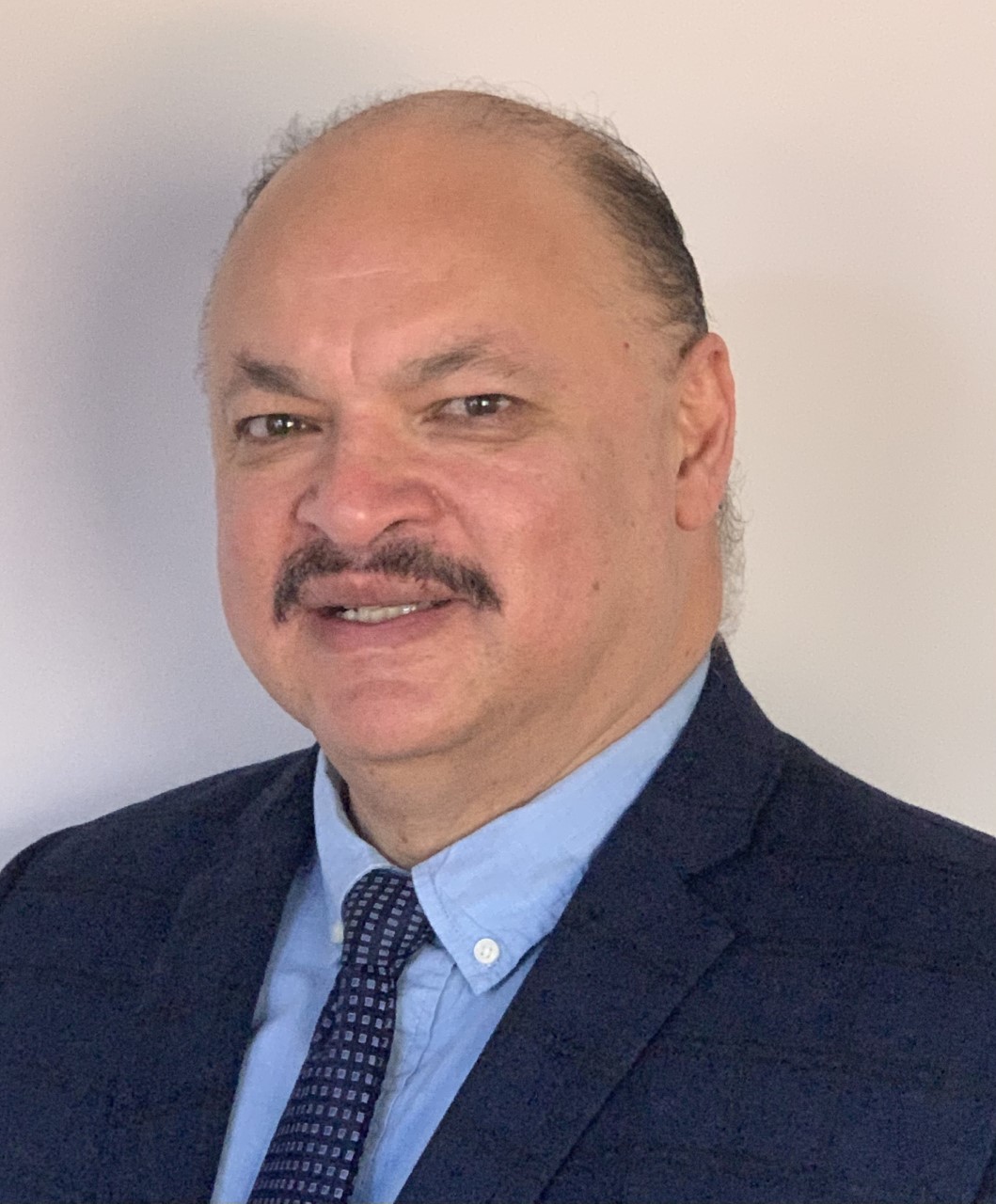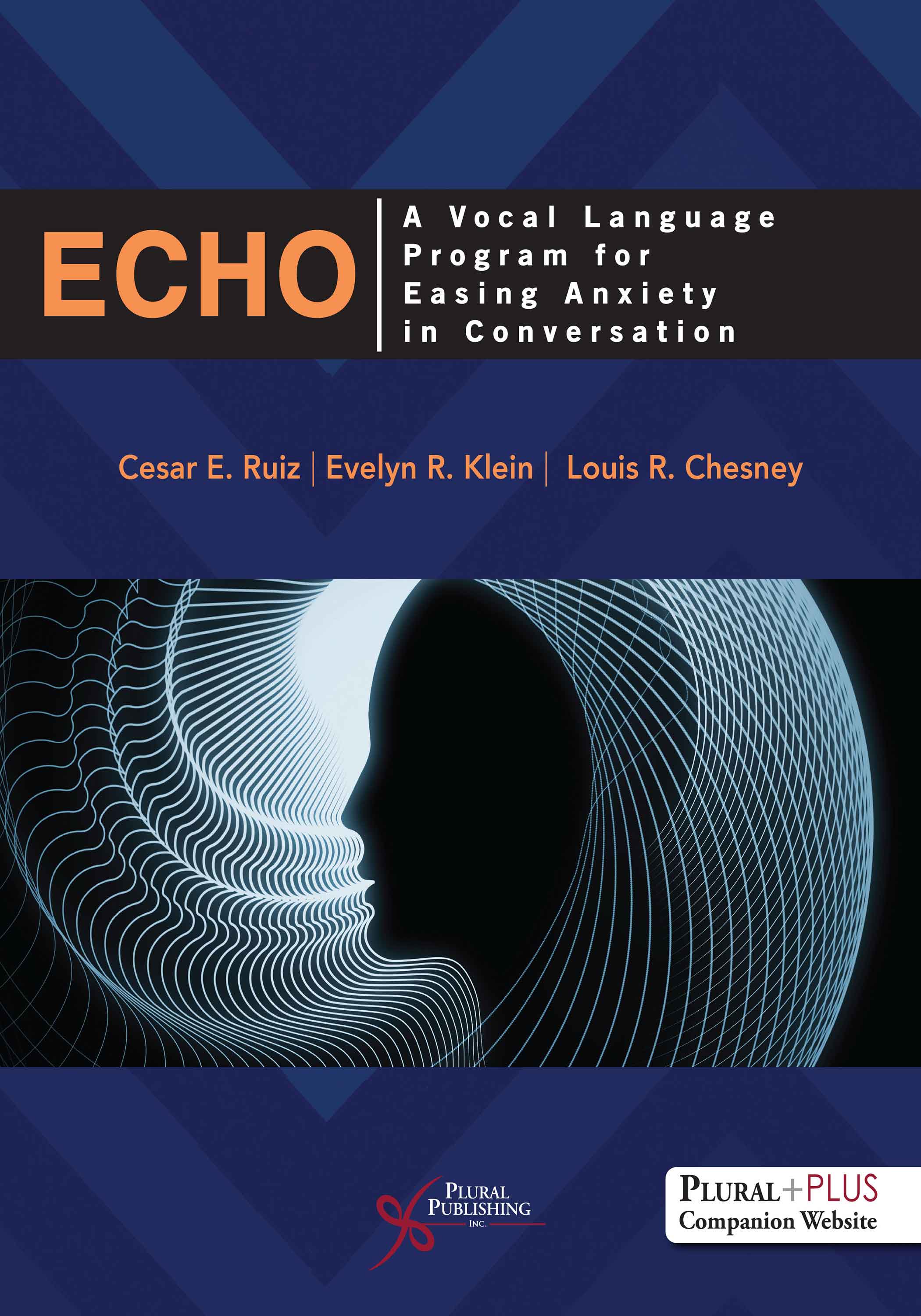
ECHO: A Vocal Language Program for Easing Anxiety in Conversation
First Edition
Cesar E. Ruiz, Evelyn R. Klein, Louis R. Chesney
Details: 225 pages, B&W, Softcover, 8.5" x 11"
ISBN13: 978-1-63550-330-2
© 2022 | Available
Purchase
ECHO: A Vocal Language Program for Easing Anxiety in Conversation is for clinicians supporting individuals who may experience social anxiety related to speaking in specific situations, or with certain individuals. Anxiety has a negative impact on working memory, which can make it difficult for individuals to communicate with ease. With reduced experiences talking to a variety of people in various situations, speaking often becomes more challenging.
The ECHO program was developed to build ease and comfort with social pragmatic communication, focusing on improving conversational skills for children from later elementary through teenage years. The program can be implemented by speech-language pathologists, psychologists, educators, and other facilitators (including parents), who support the needs of children and teens with selective mutism, stuttering, and those in need of social communication support. This unique intervention program combines methods of vocalization and verbalization to enhance conversational skills with role-play simulations for real-life application.
There are three modules in the ECHO program that build upon each other:
- Module 1 uses interactive games to focus on vocal control, helping the child or teen learn how to initiate voice, modulate intonation and volume with greater ease, and produce classes of speech sounds in words and sentences.
- Module 2 provides targeted skills for the child or teen to use language for different purposes, change language for the listeners or situation, and follow rules for conversation and storytelling; all with online interactive games to become a more spontaneous communicator.
- Module 3 builds on the previous two modules by providing conversational role-plays which simulate real-life situations in school, at home, and in social and public settings. A cognitive behavioral therapy (CBT) framework is applied to help reduce cognitive distortions.
Key Features
- Three modules bridging the gap from vocalization to conversation
- The ECHO Checklist to identify communication needs
- Social Communication Skills Pragmatics Checklist
- The ARC model for understanding anxiety tolerance, rescue reduction, and communication confidence
- Thirty-five interactive games and activities with over 150 photos (online and printed) to help children and teens gain skills necessary to vocalize and engage in conversation
- A PluralPlus companion website with interactive activities for in-person and telepractice use
Acknowledgements
Reviewers
Introduction
The ECHO Program
Whom the ECHO Program Serves
The Modules
How to Initiate the ECHO Program
Setup for Face-to-Face and Virtual Online Sessions
Gathering Information
Connections Between Social Anxiety and Communication
The ARC Model - Generalizing Skills
Anxiety Tolerance
Rescue Reduction
Communication Confidence
Documentation and Progress
References
Module 1. Vocal Control: Gaining Control of Your Voice for Speech Initiation
Background Introduction and Theoretical Framework
Proposed Hierarchy for Face-to-Face and Online Sessions: How to Begin
Process of Vocal Control
Activity Game 1: Sound Off
Activity Game 2: Pitch Pipe
Activity Game 3: Ramp it Up!
Activity Game 4: Vocal Marathon
Activity Game 5: Tag Along Words
Activity Game 6: What’s Up?
Activity Game 7: Let’s Face It
References
Module 2. Building Social Pragmatic Communication for Children and Teens Who Experience Anxiety in Speaking Situations
Background Introduction and Theoretical Framework
Overarching Goals for Module 2
Activity Game 1: Word Think -The First Word That Comes to Mind
Activity Game 2: Pinpoint - Words to Sentences
Activity Game 3: Actors’ Corner - Interactive Scripts
Activity Game 4: Barriers - Following Directions
Activity Game 5: Question Match - Answering Questions
Activity Game 6: More Information Please - Changing Questions
Activity Game 7: See-Saw - Keep the Conversation Going
Activity Game 8: Road Runner - Stay on Topic Track
Activity Game 9: Conversation Wheelhouse
Activity Game 10: Conversational Role-Plays: Pragmatic Language
Activity Game 11: Chat Spin - Informal Conversations
Module 2: Outreach Activities
References
Appendix 2–A. Suggestions for Facilitating Activities for Children and Teen with Selective Mutism
Appendix 2–B. Suggestions for Facilitating Activities for Children and Teen who Stutter
Module 3. Role-Play Simulations for Conversation
Background Information
Theoretical Framework
Using the SMQ as a Guide for Activity Selection and Tracking Progress
Role-Play Structure
Facilitator
Player
Scenario
Personal Stories
In Preparation for the Role-Play
Role-Play / Activity
Roles
Situations
Reflections
Cognitive Distortions
Scenario 1: Talking to General Peers at School
Scenario 2: Talking to Selected Peers at School
Scenario 3: Being Asked a Question by the Teacher
Scenario 4: Asking the Teacher a Question
Scenario 5: Speaking to Teachers or Staff at School
Scenario 6: Speaking in Groups or in Front of the Class
Scenario 7: Talking to Family Members at Home When Others are Present
Scenario 8: Talking to Family Members While in Unfamiliar Places
Scenario 9. Talking to Family Members Who Don’t Live With Me (e.g., grandparent, cousin)
Scenario 10: Talking on the Phone to Parents and/or Siblings
Scenario 11: Speaking with Familiar Family Friends
Scenario 12: Speaking to at Least One Babysitter or Caregiver (not family member)
Scenario 13: Speaking with Other Kids Who I Don’t Know
Scenario 14: Speaking with Family Friends Whom I Do Not Know
Scenario 15: Speaking with my Doctor or Dentist
Scenario 16: Speaking to Store Clerks or Waiters
Scenario 17: Talking When in Clubs, Teams, or Organized Activities Outside of School Photo Cards
References
Appendix A. DSM-5 Diagnostic Criteria for Selective Mutism, Childhood-Onset Fluency Disorder (Stuttering), and Social (Pragmatic) Communication Disorder
Appendix B. The ECHO Checklist
Appendix C. ECHO Program — Information About Me
Appendix D. Social Communication Skills — The Pragmatics Checklist
Appendix E. EXPRESS Selective Mutism (SM) Communication Questionnaire
Index
Purchase of ECHO: A Vocal Language Program for Easing Anxiety in Conversation comes with access to supplementary materials on a PluralPlus companion website.
To access the materials, you must register the access code* printed on the inside front cover of your book on the companion website.
*Note: If you have purchased this book used or have rented it, your access code will not work if it was already redeemed by the original buyer of the book. Plural Publishing does not offer replacement access codes for used or rented books.
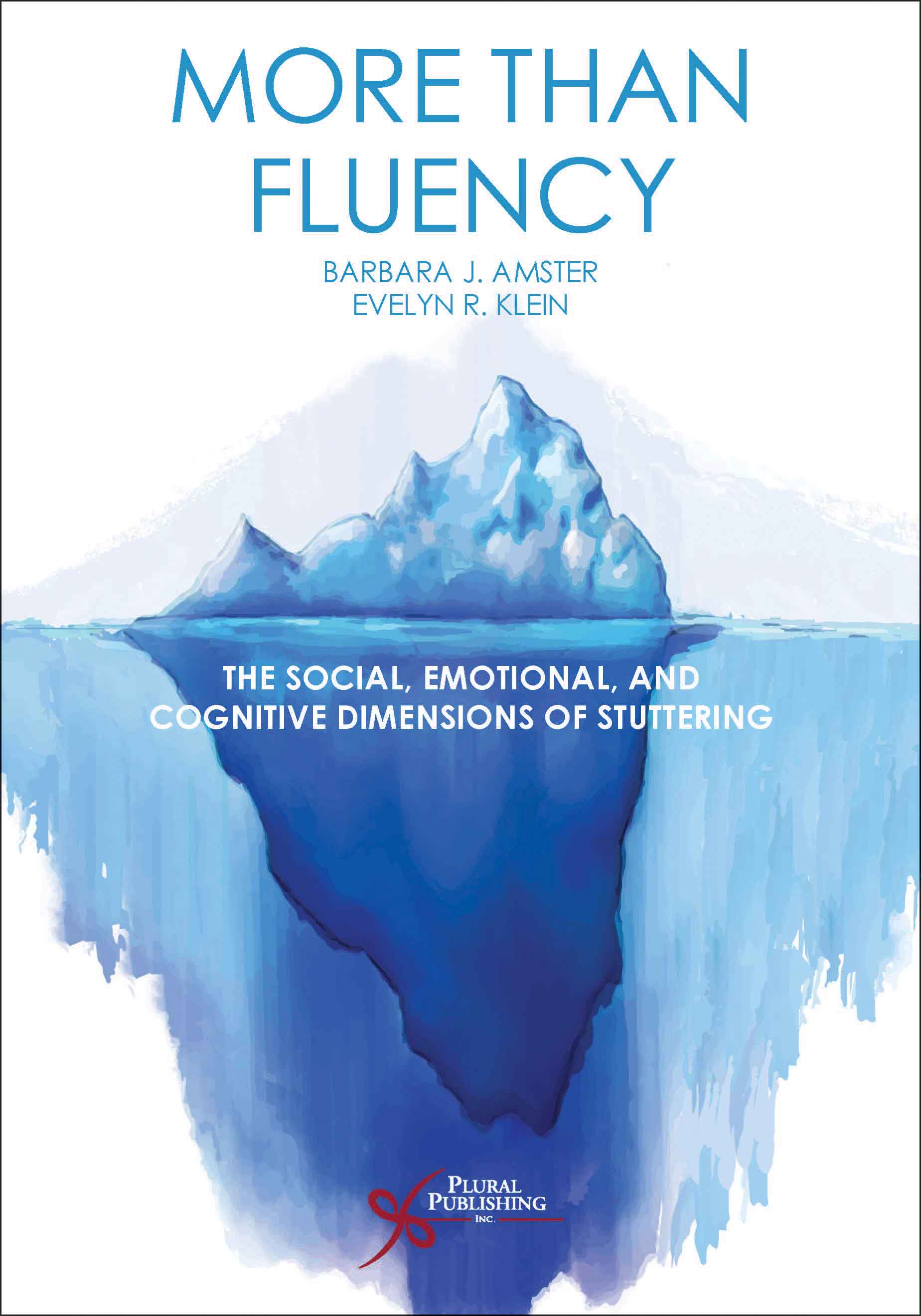
More Than Fluency: The Social, Emotional, and Cognitive Dimensions of Stuttering
First Edition
Barbara J. Amster, Evelyn R. Klein
Details: 242 pages, B&W, Softcover, 7" x 10"
ISBN13: 978-1-59756-995-8
© 2018 | Available
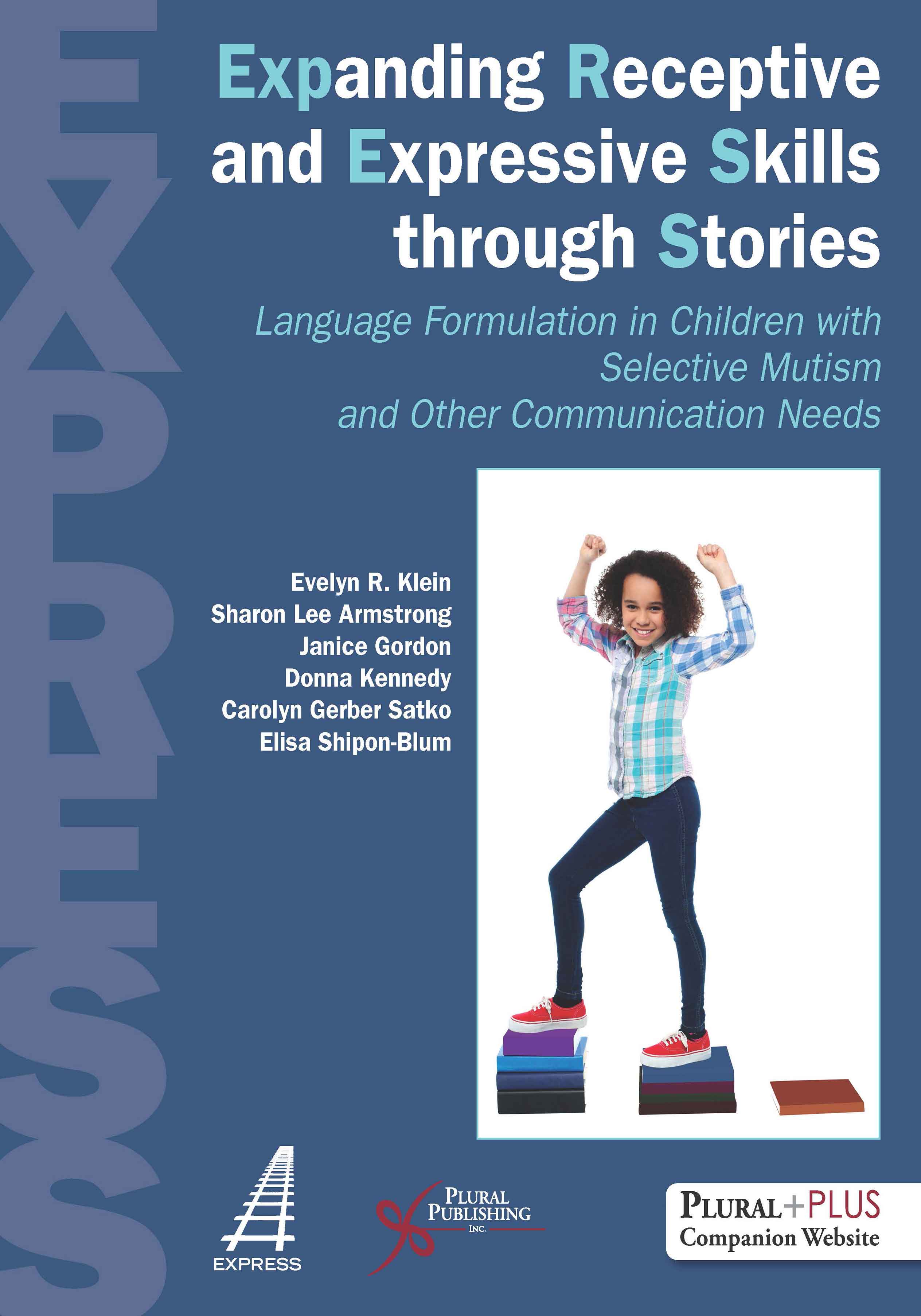
Expanding Receptive and Expressive Skills through Stories (EXPRESS): Language Formulation in Children with Selective Mutism and Other Communication Needs
First Edition
Evelyn R. Klein, Sharon Lee Armstrong, Janice Gordon, Donna Spillman Kennedy, Carolyn Gerber Satko, Elisa Shipon-Blum
Details: 554 pages, B&W, Softcover, 8.5" x 11"
ISBN13: 978-1-63550-050-9
© 2018 | Available
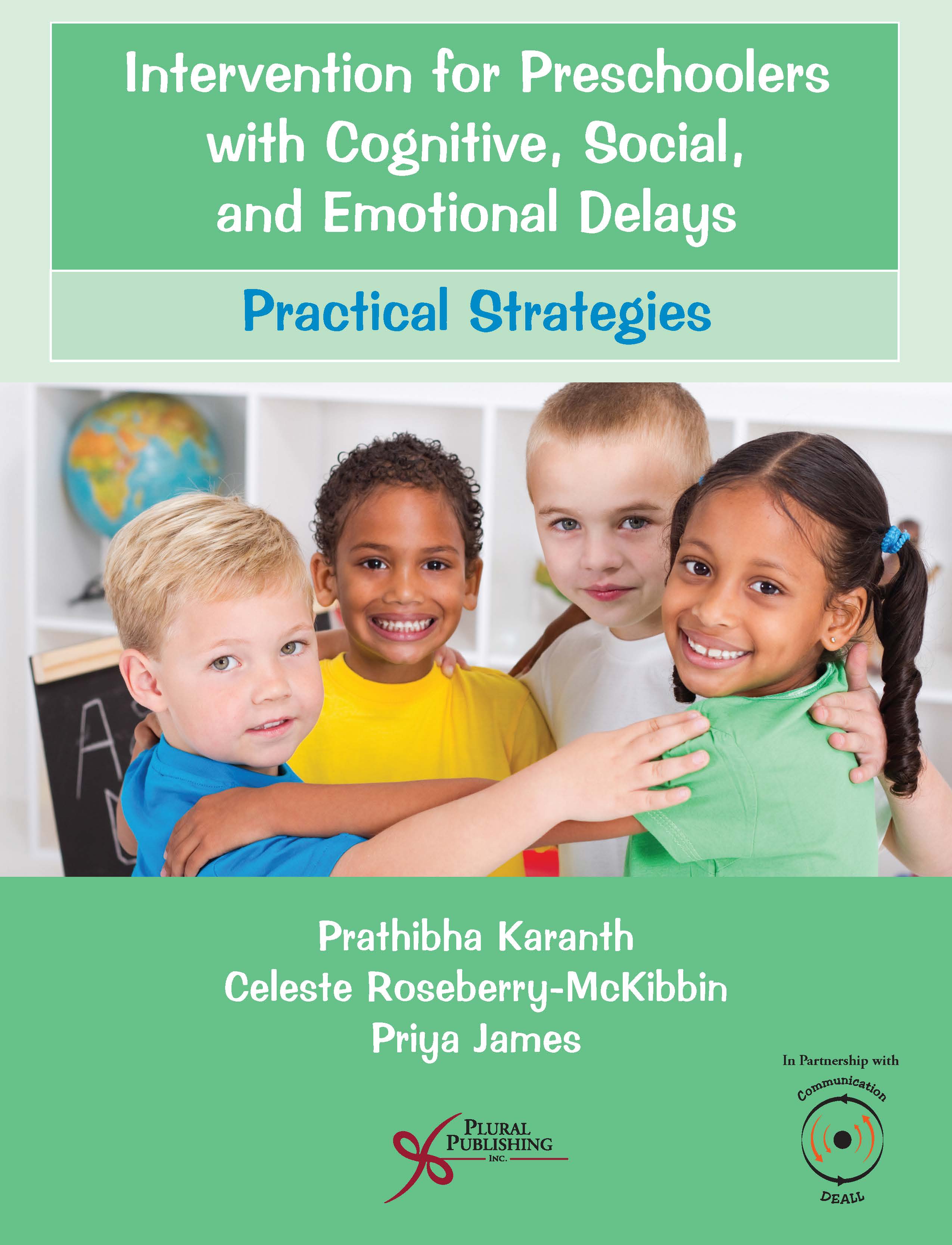
Intervention for Preschoolers with Cognitive, Social, and Emotional Delays: Practical Strategies
First Edition
Prathibha Karanth, Celeste Roseberry-McKibbin, Priya James
Details: 248 pages, B&W, Softcover, 8.5" x 11"
ISBN13: 978-1-59756-972-9
© 2017 | Available
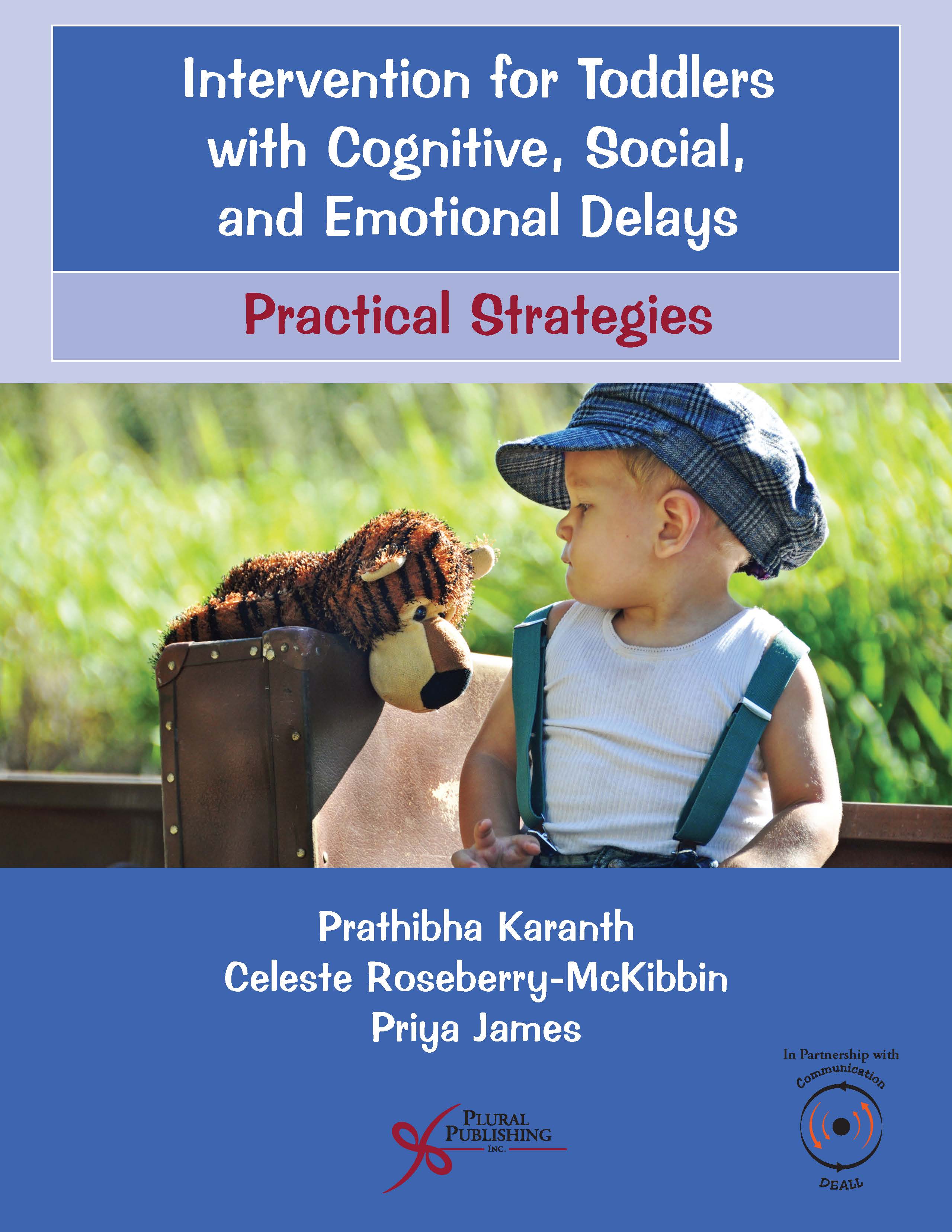
Intervention for Toddlers with Cognitive, Social, and Emotional Delays: Practical Strategies
First Edition
Prathibha Karanth, Celeste Roseberry-McKibbin, Priya James
Details: 184 pages, B&W, Softcover, 8.5" x 11"
ISBN13: 978-1-59756-973-6
© 2017 | Available
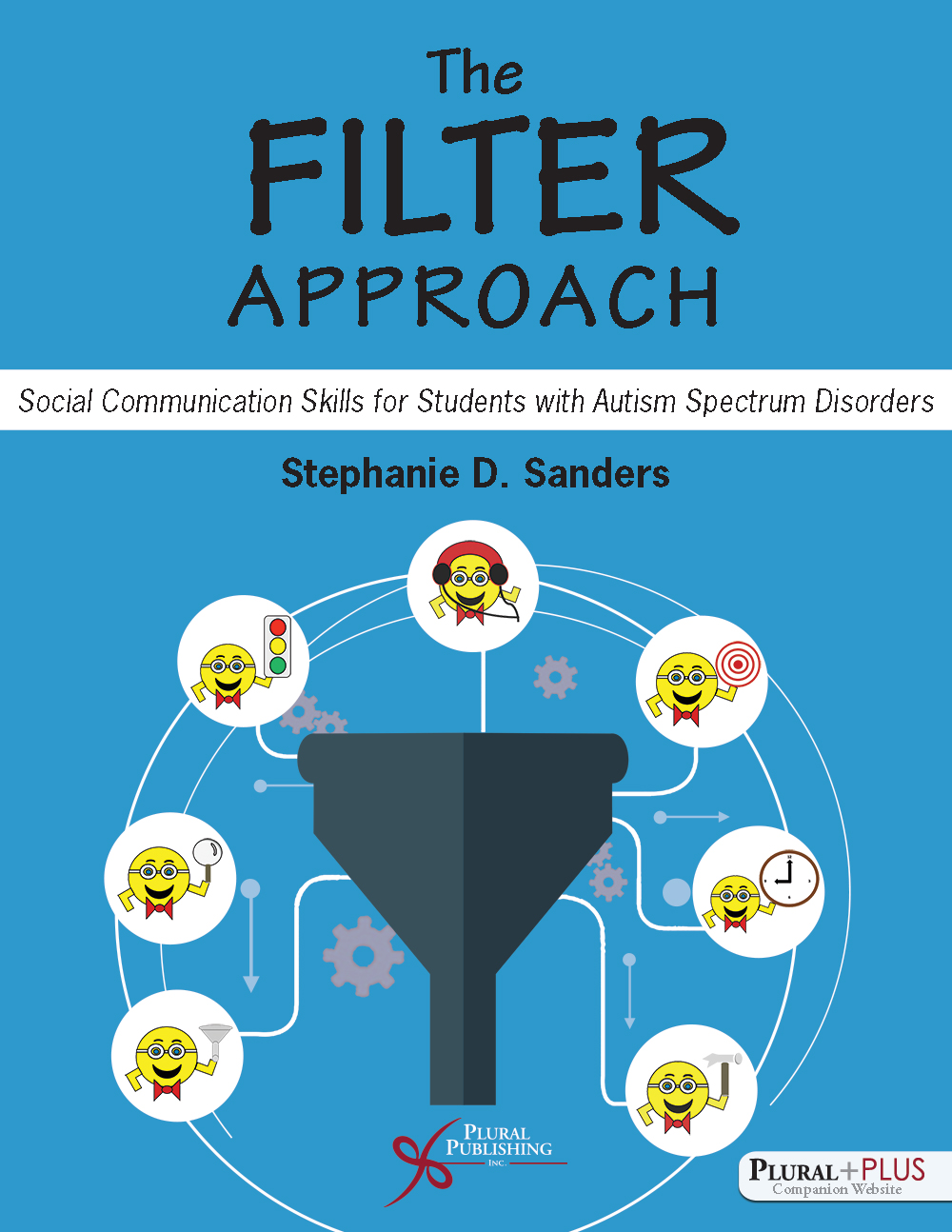
The FILTER Approach: Social Communication Skills for Students with Autism Spectrum Disorders
First Edition
Stephanie D. Sanders
Details: 383 pages, Full Color, Spiral Bound, 8.5" x 11"
ISBN13: 978-1-59756-939-2
© 2016 | Available
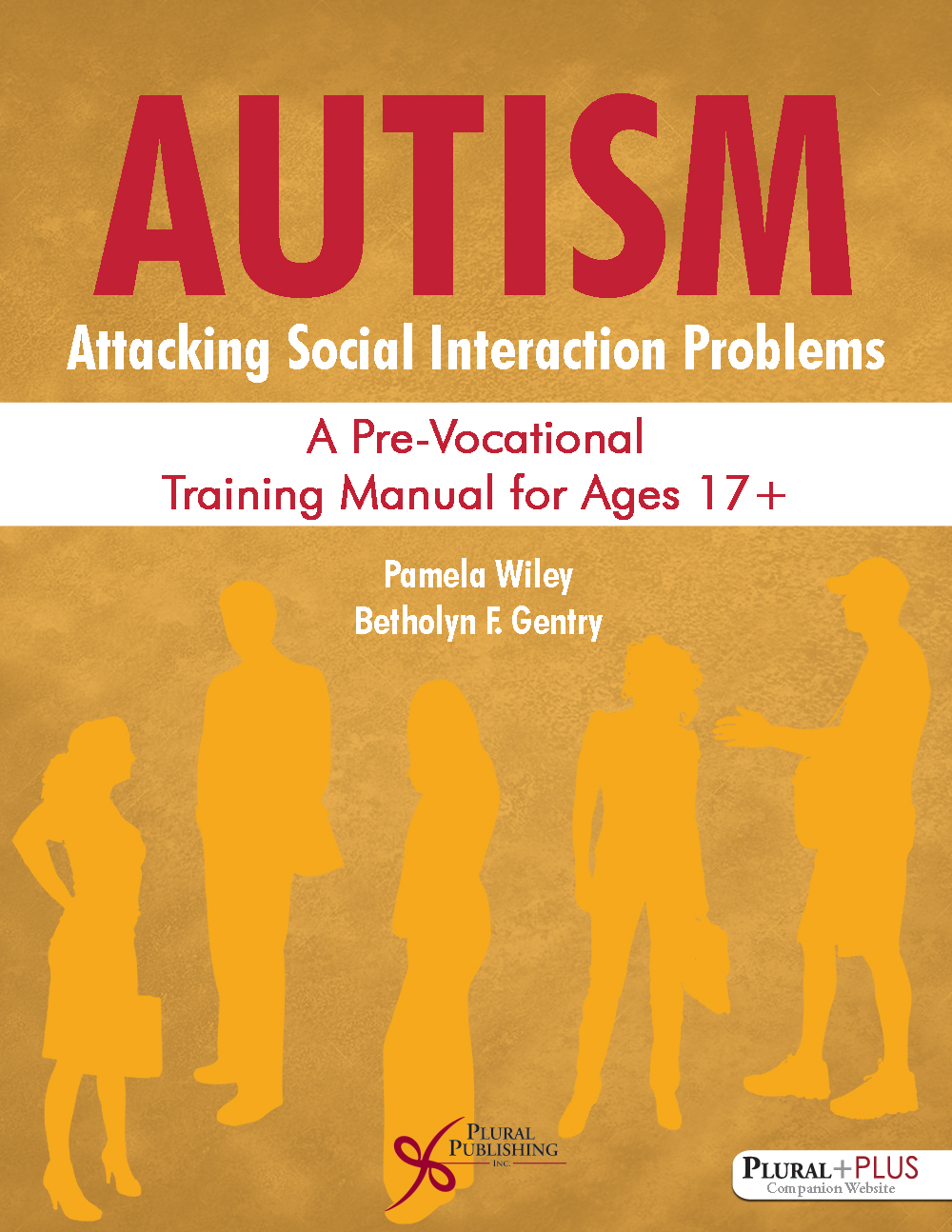
Autism: Attacking Social Interaction Problems A Pre-Vocational Training Manual for Ages 17+
First Edition
Pamela Wiley, Betholyn F. Gentry
Details: 296 pages, B&W, Softcover, 8.5" x 11"
ISBN13: 978-1-59756-794-7
© 2016 | Available
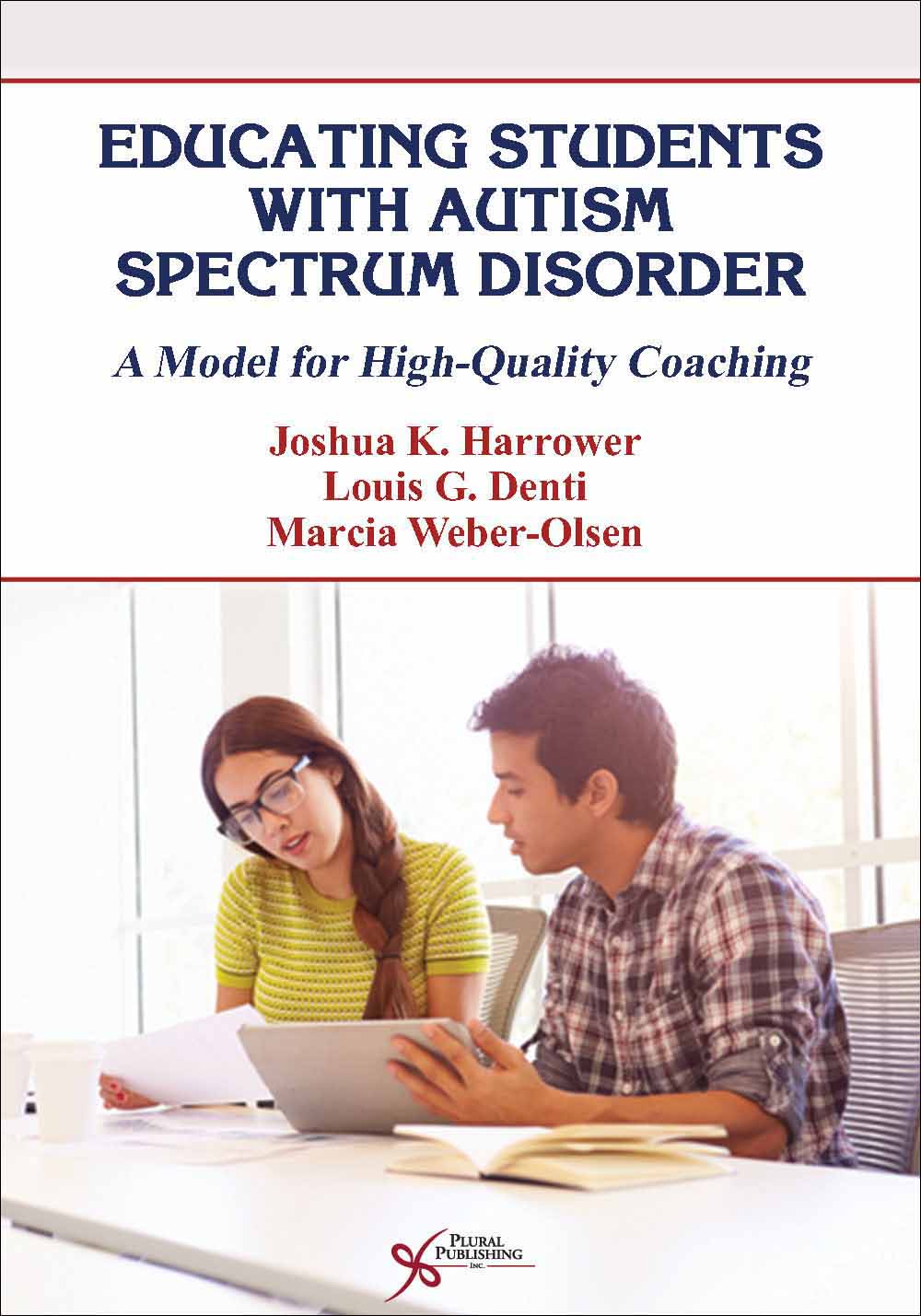
Educating Students with Autism Spectrum Disorder: A Model for High-Quality Coaching
First Edition
Joshua K. Harrower, Louis G. Denti, Marcia Weber-Olsen
Details: 245 pages, B&W, Softcover, 7" x 10"
ISBN13: 978-1-59756-786-2
© 2016 | Available
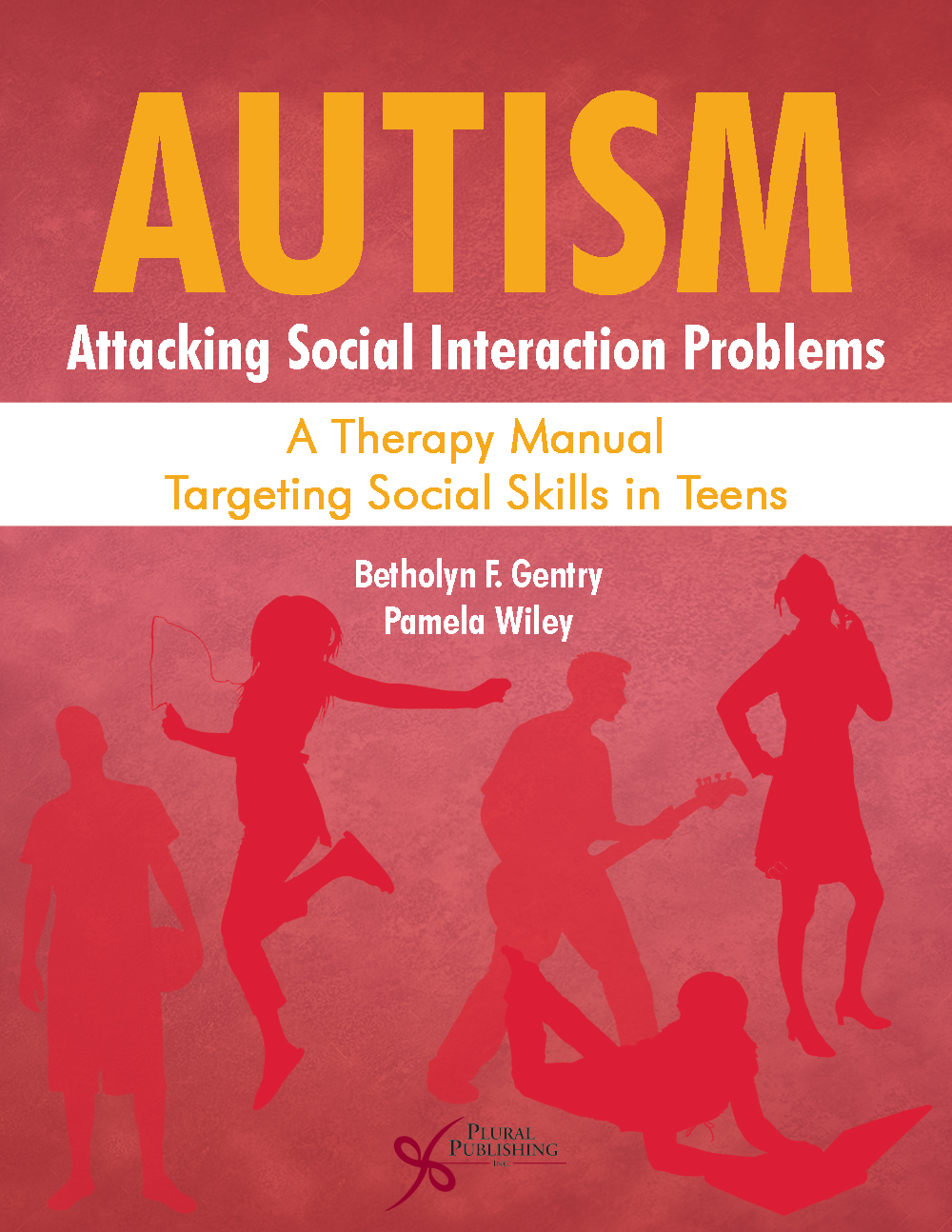
Autism: Attacking Social Interaction Problems-A Therapy Manual Targeting Social Skills in Teens
First Edition
Betholyn F. Gentry, Pamela Wiley
Details: 176 pages, B&W, Softcover, 8.5" x 11"
ISBN13: 978-1-59756-785-5
© 2016 | Available
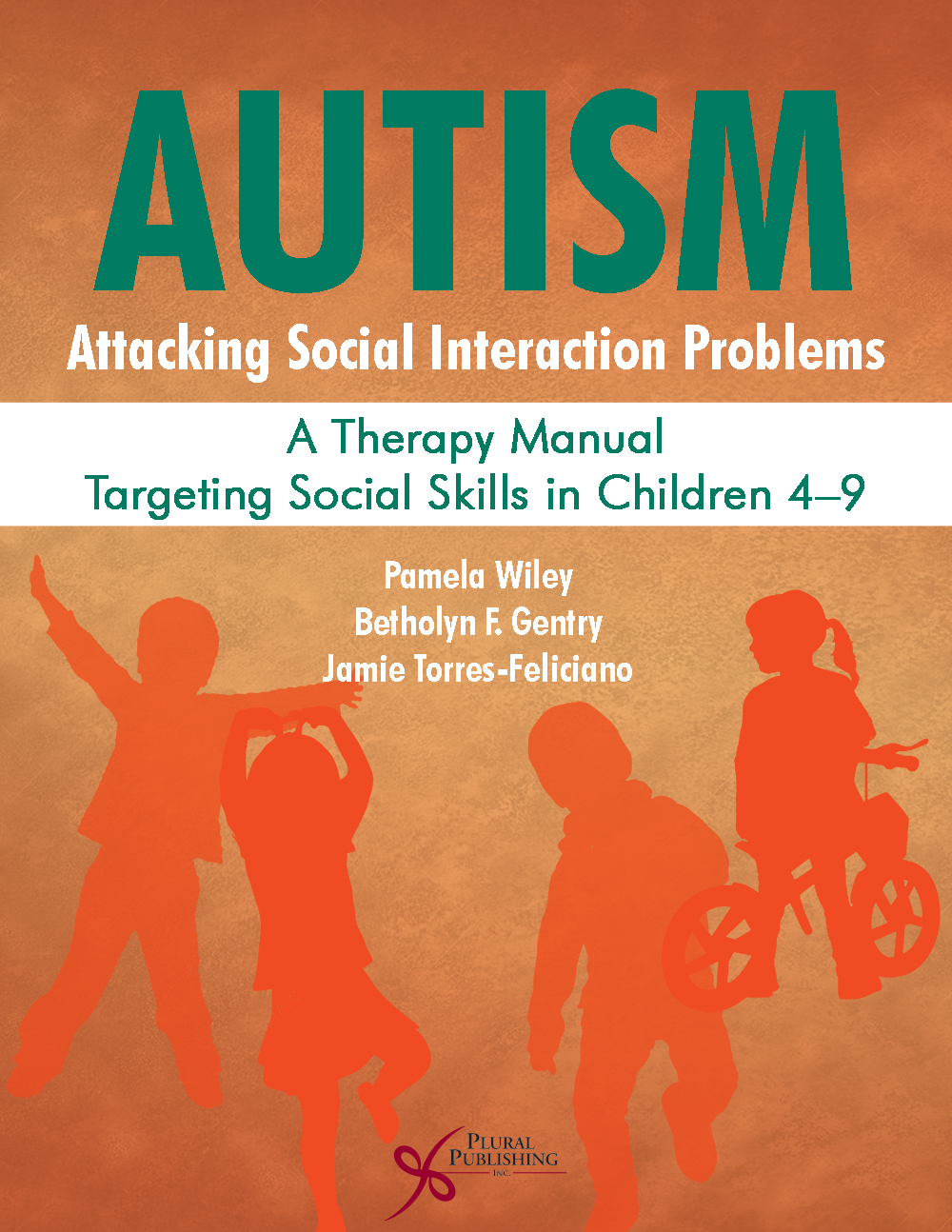
Autism: Attacking Social Interaction Problems- A Therapy Manual Targeting Social Skills in Children 4-9
First Edition
Pamela Wiley, Betholyn F. Gentry, Jamie Torres-Feliciano
Details: 392 pages, B&W, Softcover, 8.5" x 11"
ISBN13: 978-1-59756-792-3
© 2016 | Available
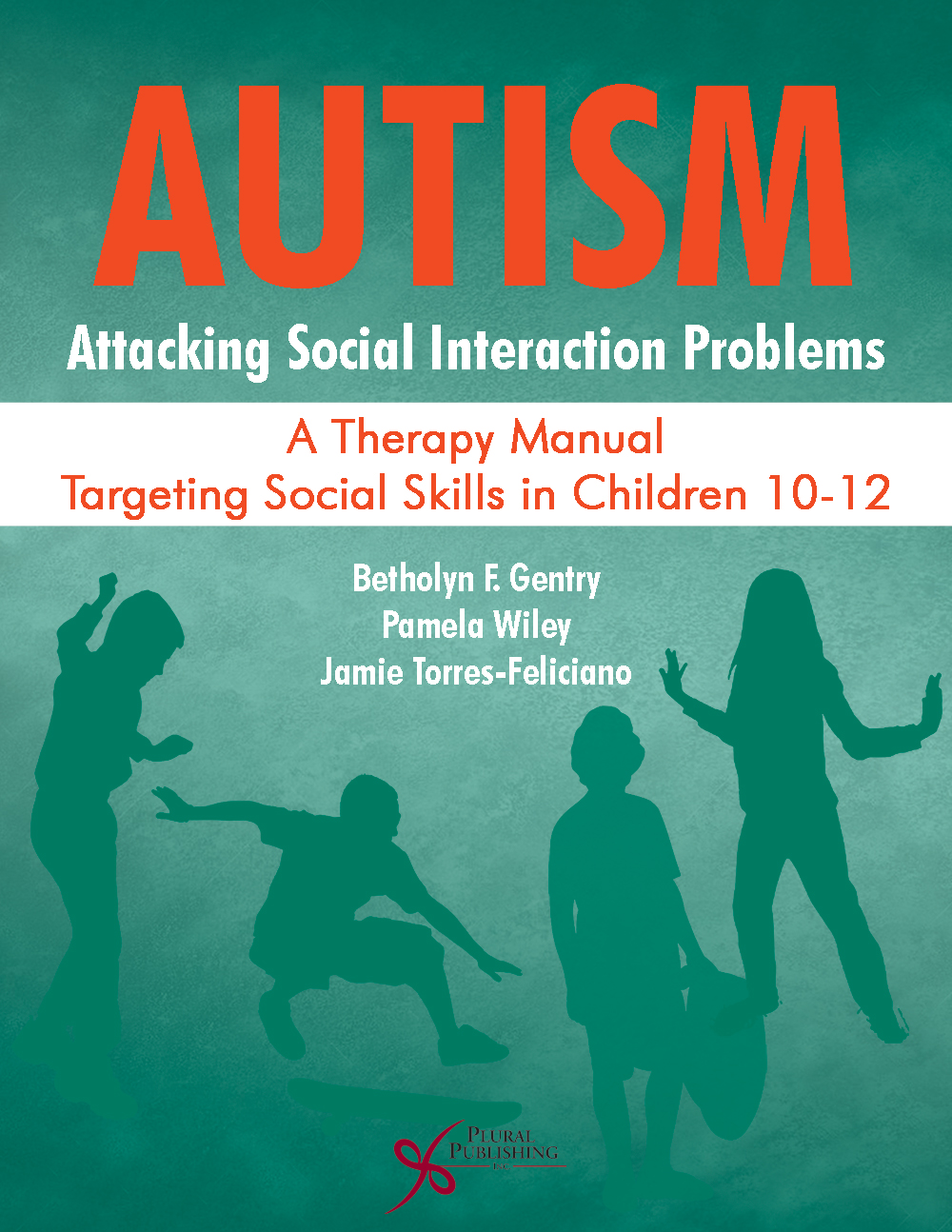
Autism: Attacking Social Interaction Problems- A Therapy Manual Targeting Social Skills in Children 10-12
First Edition
Betholyn F. Gentry, Pamela Wiley, Jamie Torres-Feliciano
Details: 252 pages, B&W, Softcover, 8.5" x 11"
ISBN13: 978-1-59756-793-0
© 2016 | Available
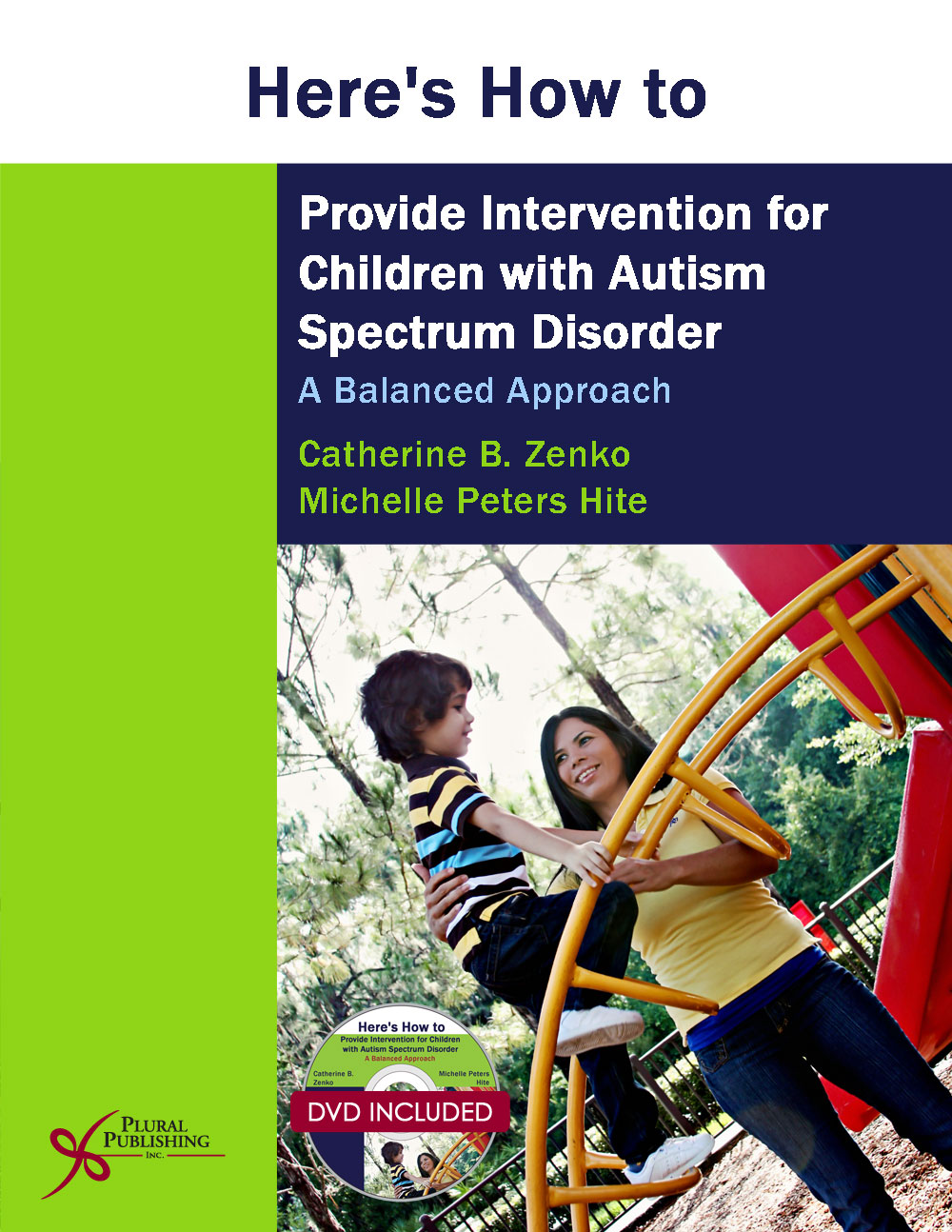
Here's How to Provide Intervention for Children with Autism Spectrum Disorder: A Balanced Approach
First Edition
Catherine B. Zenko, Michelle Peters Hite
Details: 184 pages, B&W, Softcover + DVD, 8.5" x 11"
ISBN13: 978-1-59756-460-1
© 2014 | Available
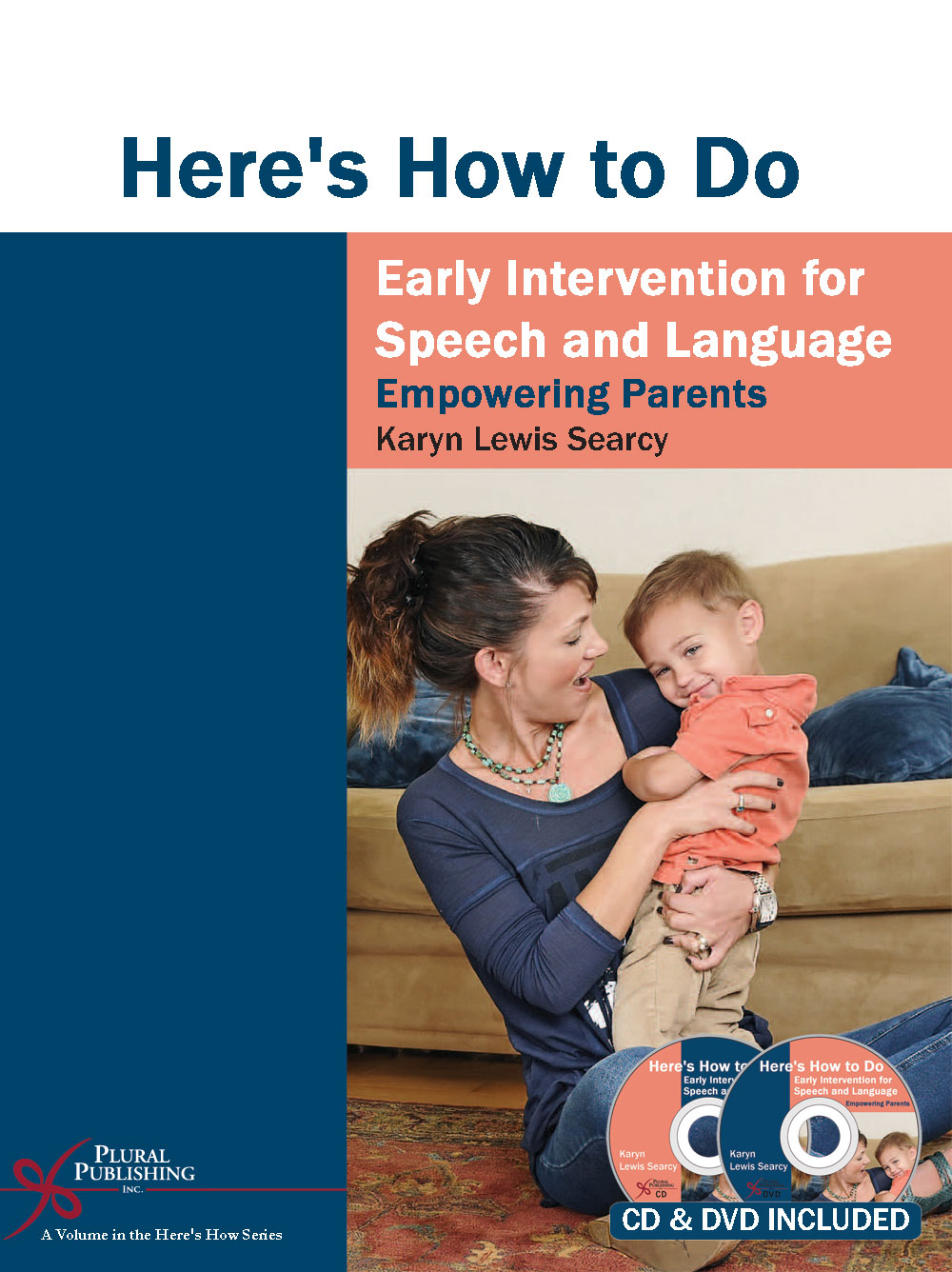
Here's How to Do Early Intervention for Speech and Language: Empowering Parents
First Edition
Karyn Lewis Searcy
Details: 288 pages, B&W, Softcover + CD, DVD, 8.5" x 11"
ISBN13: 978-1-59756-440-3
© 2012 | Available

Treating Selective Mutism as a Speech-Language Pathologist
First Edition
Emily R. Doll
Details: 202 pages, B&W, Softcover, 6" x 9"
ISBN13: 978-1-63550-281-7
© 2022 | Available

